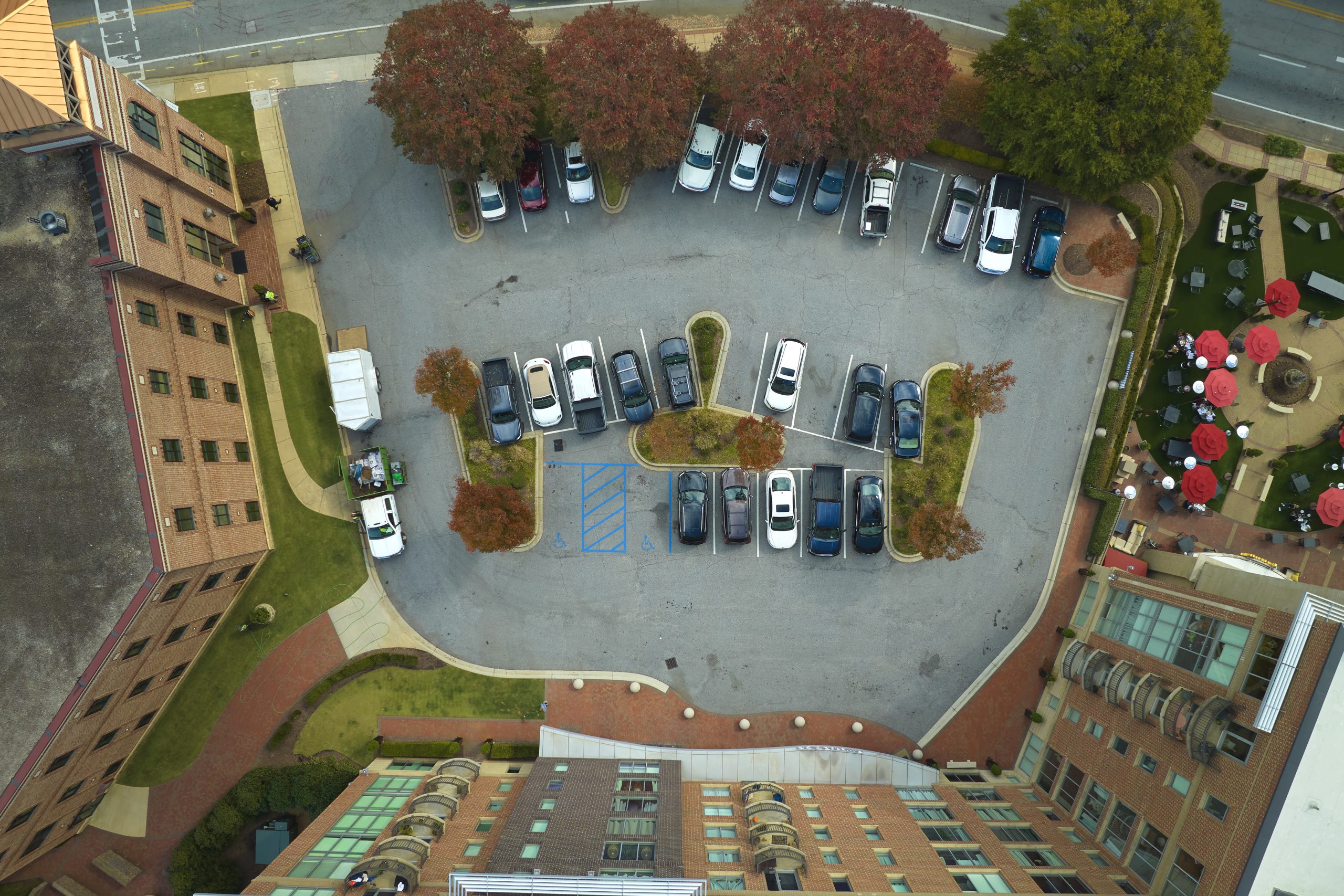As Canadian municipalities continue to rethink parking requirements for new developments, parking still plays a pivotal role in the success of purpose-built rental projects. For developers, getting the parking strategy right can make or break the project’s viability. Here’s a closer look at the key factors that should be considered when determining parking ratios for purpose-built rental buildings.
- Location, Location, Location
Is your development in an urban area with easy access to transit, or in a suburban/rural setting where residents are more likely to own vehicles? Urban locations may allow for reduced parking requirements due to high transit access, but suburban and rural areas often see higher vehicle ownership rates, making parking more essential. - Understanding the Target Resident Profile
Who will be living in your building? Different demographics have different transportation habits. Younger professionals and students might rely more on public transit or car-sharing services, while families or seniors may need parking for personal vehicles. Understanding your residents’ mobility needs is crucial in determining the right parking ratio. - Unit Mix & Occupancy Factors
What’s the expected occupancy in each unit? For example, a two-bedroom unit might house a couple with one car, or it could be shared by roommates with multiple cars. These occupancy trends will influence how many parking spaces are needed per unit. - Site Constraints and Infrastructure
Can your site accommodate surface parking, or are there space or zoning restrictions? If underground parking is required, does the soil and water table allow for affordable construction? Sometimes, alternatives like parking parkades or tandem parking (one vehicle behind another) can offer cost-effective solutions. - Electric Vehicles (EVs) and Future-Proofing
With the rise of electric vehicles, how many charging stations should be planned for? Developers need to decide whether to have shared EV stations or assign them to individual units. Anticipating future demand for EV parking is a key consideration in today’s development landscape. - How to Charge for Parking
In urban settings, tenants often pay for parking as an additional cost, while in rural markets, parking is typically included in the rent. Deciding whether to offer paid parking or bundle it into rental rates is another critical decision for developers.
At SVN Rock Advisors, we take all these factors into account when advising on parking strategies for purpose-built rental projects. Getting parking right is more than just meeting minimum requirements—it’s about aligning with the needs of residents and ensuring long-term project success.
Tell Us About Your Project

